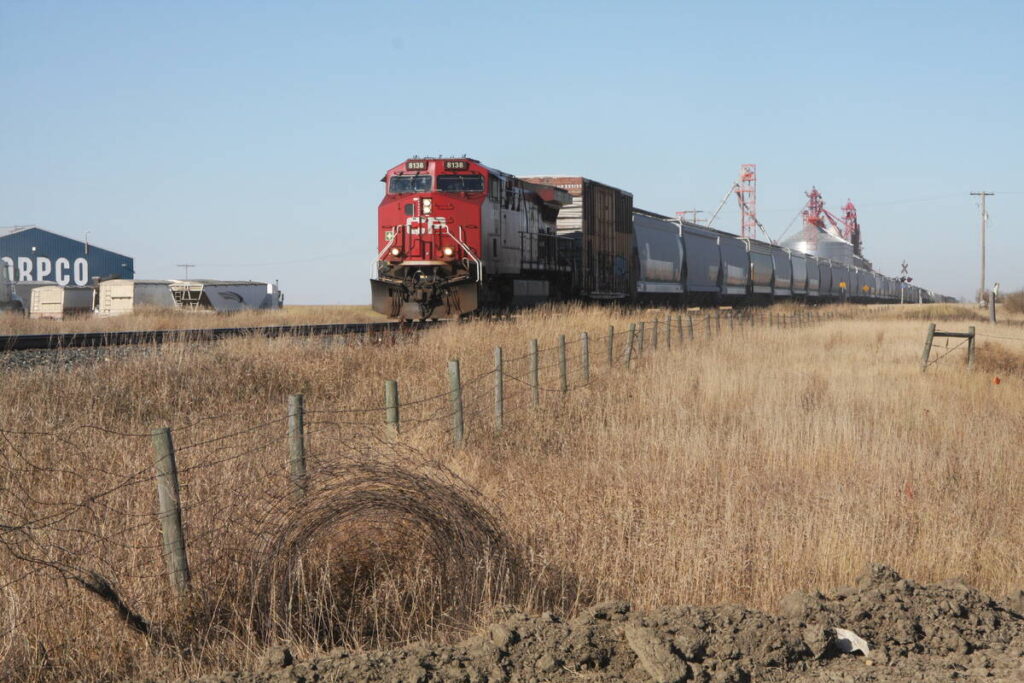Saskatchewan means business in a world on edge

Global needs are surging, populations are growing, trade barriers are tightening and an ever-changing tariff landscape is presenting an opportunity to re-evaluate supply chains.
At the recent Food, Fuel, Fertilizer Global Summit in Regina, one conviction stood out: Saskatchewan is seizing the opportunity to shape the future, strengthening Canada’s trade leadership from coast to coast.
The summit underscored a critical reality: in a world craving stability, Saskatchewan delivers certainty.
Read Also


Supply management will soon become the centre of attention
Refusing to concede some increased American competition into the dairy market is not a hill that Canada should be prepared to die upon.
Over the next 40 years, global food production must match all that humanity produced in the last 10,000 years. Saskatchewan, which exported to more than 160 countries in 2024 with eight markets exceeding $1 billion, is well positioned to meet this challenge.
Our grain feeds nations, our oil powers industries and our potash sustains global agriculture.
Yet, with trade volatility rising, the opportunity to expand exports and value-added processing has never been more urgent.
The two-day discussions revealed a shared frustration: Canada’s regulatory framework is impeding progress.
Redundant measures, such as bills C-69 and C-48, delay projects and deter investment. Businesses called for streamlined approvals, provincial authority and accelerated timelines through concurrent reviews.
The consensus was clear: ambiguous processes stifle opportunity and cost jobs. Government must prioritize a business-focused approach, reducing taxes, curbing labour disruptions and demonstrating — through signals such as a 20-year infrastructure plan — that Canada is open for investment.
Opportunity emerged as a prominent theme at the summit, alongside a stark gap: our ports, rail lines and pipelines fall short of growth needs.
Leaders identified a transformative opportunity in modernizing an east-west trade corridor that is vital for delivering grain, oil and critical minerals to Europe and the Indo-Pacific, where demand is rising.
Expanding capacity to new ports beyond Vancouver is no longer optional — it is necessary to outmanoeuvre tariff pressures and secure global markets.
While government tackles barriers, businesses are charging ahead.
At the summit, leaders urged companies to diversify markets and Canadianize supply chains.
By leveraging automation and collaborating with post-secondary institutions, businesses can unlock opportunities to address labour shortages.
Long-term contracts were also highlighted as a tool to stabilize volatile markets. These conversations served as a reminder that while policy sets the stage, businesses keep the momentum going.
This summit was a call to action. Canada is at a crossroads and Saskatchewan’s position is firm: we must rally our allies, resolve trade disputes and reject restrictions that undermine our energy leadership. After all, North American energy dominance hinges on a northern contribution.
We are not envisioning a distant future — we are building it today.
The summit identified opportunities to fortify Canada’s foundation, and in the coming weeks, we will be sharing a comprehensive report outlining policy recommendations to transform these opportunities into tangible outcomes.
The course has been charted, but it will take a collective effort — from industry, government and communities alike — to drive lasting impact. Together, we can harness this moment to achieve a legacy of prosperity for Canada.
Prabha Ramaswamy is chief executive officer of the Saskatchewan Chamber of Commerce.
Source: producer.com


